The A1 Pro is one of the selected few handheld gaming consoles featuring the newly announced AMD Ryzen 7040U “Phoenix” series. These processors, based on Zen4 and RDNA3 graphic architectures, will bring the latest technology to mobile gaming.
AOKZEO has revealed the first benchmark for their upcoming A1 Pro console, which features the Radeon 780M with built-in RDNA3 graphics. The 780M is 28% to 31% faster in synthetic 3DMark tests than the last gen iGPU.
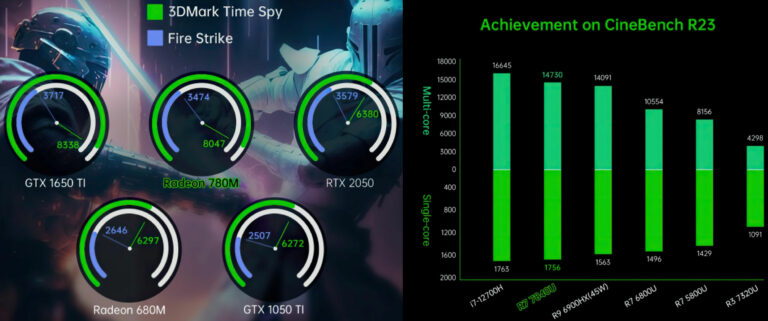
The Radeon 780M is almost equivalent to the GTX 1650 Ti Max-Q (3% to 7% slower) and GeForce RTX 2050 mobile GPU (3% slower to 26% faster). The RTX 2050 features a 64-bit memory bus, so it does fare well in the TimeSpy benchmark.
The Radeon 780M has 12 Compute Units with a GPU clock measuring up to 2.7 GHz. As compared to the previous-gen Radeon 680M, which features the RDNA2 architecture, the graphics card has the same core count but with a 2.2 GHz clock.
Here’s an overview of the A1 Pro’s gaming performance in AAA titles:

While the resolution and graphics will depend on the game itself, the 780M iGPU will offer at least 45-60 FPS at 800p resolution in all games. There are still many ways to upscale including lowering refresh rates or setting a frame limit.
The company made a last-minute decision to increase the default memory specs from 16GB to 32GB just before the A1 Pro was launched. This was done in order to differentiate itself from its competitor like the ASUS ROG Ally.
Even with the powerful Ryzen 7 7840U processor, the AOKZOE A1 Pro, which is priced at $799, might have a hard time in the market. If the rumors are true and the ASUS ROG Ally is actually priced at $699, this will further worsen the case for AOKZOE’s A1 Pro console.
About Advanced Micro Devices
Advanced Micro Devices (AMD) is an American multinational semiconductor company headquartered in Santa Clara, California.
AMD develops computer processors and related technologies for business and consumer markets. AMD’s main products include microprocessors, motherboard chipsets, embedded processors and graphics processors for servers, workstations, personal computers and embedded system applications.

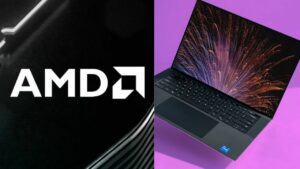
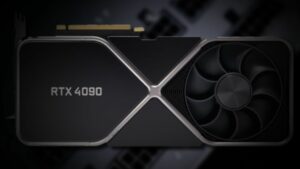
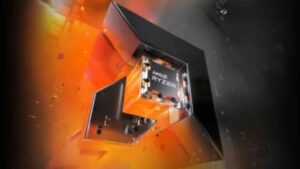

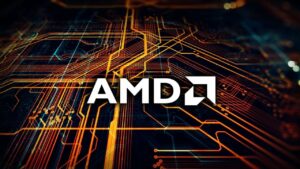

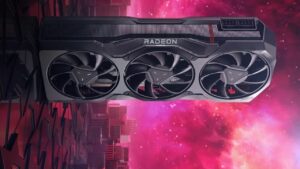
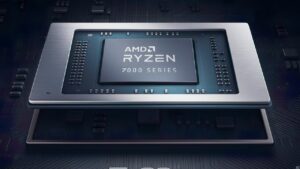
No Comments on AMD Radeon 780M iGPU Compared to GTX 1650 Ti Max-Q & RTX 2050 dGPU